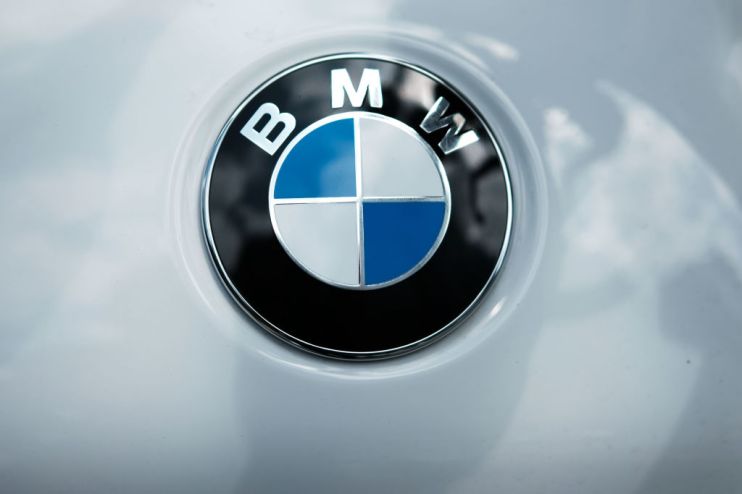BMW cuts 2022 profit margins as Ukraine war worsens supply chain issues

BMW announced today it was cutting its 2022 profit margin forecast after the war in Ukraine caused new supply chain disruptions.
The automotive maker said its EBIT margin will go down from between 8 and 10 per cent to between 7 and 9 per cent, warning supply chain issues could severely hinder production.
Despite engaging with suppliers to keep numbers up, the group said the war made it difficult to give accurate guidance for 2022, as it is not able to factor the situation’s long-term consequences.
According to Jefferies’ analysts, the change in guidance “is likely to disappoint,” as disruption will not improve until the second half of this year.
BMW, which in 2021 doubled its pre-pandemic profits because of record sales, is the latest automotive maker to warn about the impact of the Kremlin’s invasion of Ukraine.
Rival Volkswagen reported yesterday that its 2022 vehicle output could be in danger after a shortage of Ukrainian-made wire harnesses became the group’s biggest supply chain issue, City A.M. said.
“The war in Ukraine has put our existing outlook into question,” Volkswagen’s chief executive Herbert Diess said yesterday morning.
According to Diess, Volkswagen could be forced to bring its 8 million vehicle expectations even lower if it can’t find a solution within the next three to four weeks.
Harness shortages are not the only issue caused by the Ukrainian conflict to weigh on the automotive sector.
Tesla announced yesterday it was forced to increase its vehicle prices in the US and Chinese markets as it was suffering from an increase in the price of raw materials such as nickel, palladium and aluminium.
“Tesla and Space X are seeing a significant recent inflation pressure in raw materials and logistics,” chief executive Elon Musk tweeted yesterday. “And we are not alone.”
GlobalData automotive analyst Daniel Clarke told City A.M. the war’s impact on the sector has now become multi-faceted.
“At the same time, platinum group metals are used in catalytic converters and this could help narrow the gap between ICE vehicles and Evs, or at least offset battery price rises,” he said. “The disruption includes potential price rises for EV batteries and ICE raw materials, and assembly plants being shut down in Russia and Ukraine, Stellantis and VW have seen the brunt of this.
“The major three German OEMs are constrained by the situation in Ukraine. Alternative supplies should be secured but in the short term this disruption impact nearly all major OEMs.”